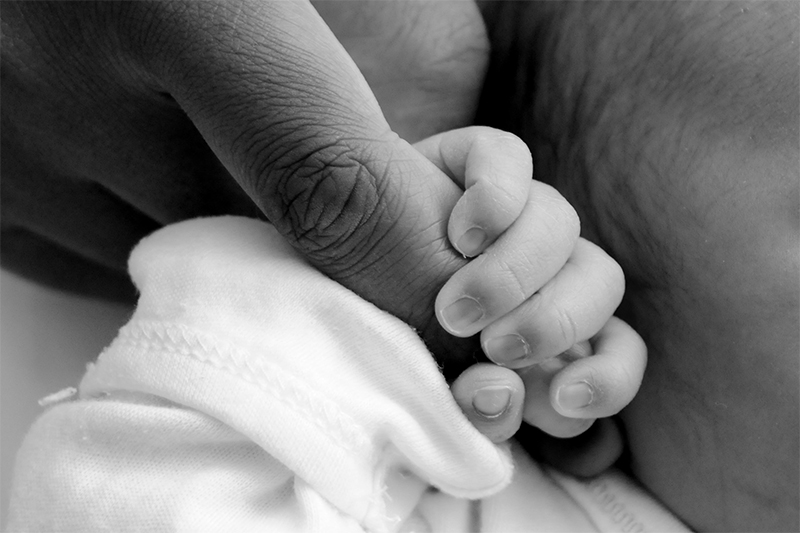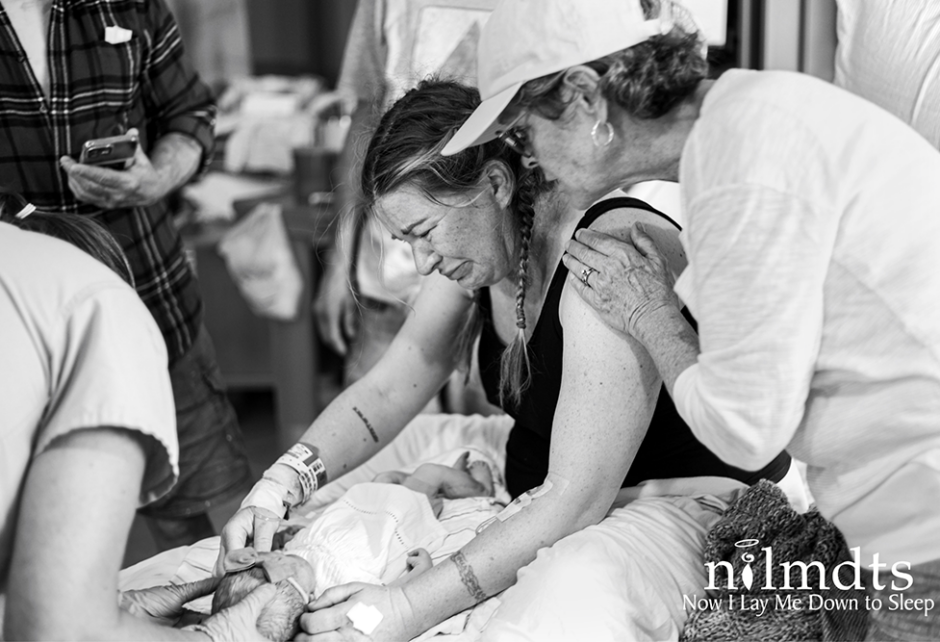
Black Maternal Mortality In The U.S.
Written by Kate MacLean
Photography by Photo Via BU.edu
A shocking trend has emerged in the past two decades that would appear antithetical to the bedrock of progress and development that heretofore defined the United States. Maternal mortality is on the rise. Maternal mortality is defined as when a mother dies in pregnancy, childbirth, or in the immediate postpartum month (42 days) as a result of complications from pregnancy or birth. Maternal morbidity, the near-death events of these mothers, is also on the rise. From 1951 to 1989, the U.S. saw a steep decline of 89% in maternal mortality. The trend was a logical one, as dramatic increases were made in maternal health and obstetrics. From there, maternal mortality plateaued for about a decade. Then, much to everyone’s alarm, around 1997 until present the rate has steadily increased, leaving American mothers dying at a rate worse than their counterparts in Puerto Rico, Qatar, Kazakhstan, and Bosnia.
The reasons for this sudden increase are relatively unknown. Details of these deaths remain hard to come by and often autopsies are forsaken for cultural, social, and economic reasons. Hospitals have to declare if an autopsy is necessary, and if they think the death could be for a fault of care on their part, they are much less likely to call for one. Autopsies can cost up to $4,000 out-of-pocket for family members who insist upon it. Data is scarce, though scholars are beginning to focus much more effort and resources on this, as the numbers have forced their pen; it’s too big of an issue to ignore.
While most of this story remains a mystery, one thing we know is for sure: maternal mortality affects black mothers four times more than their white counterparts. This is the biggest racial disparity in all of health. As NPR put it so starkly, “A black woman is 22 percent more likely to die from heart disease than a white woman, 71 percent more likely to perish from cervical cancer, but 243 percent more likely to die from pregnancy or childbirth-related causes.”
The black women represented in these numbers are from a wide spectrum of socio-economic backgrounds. One very important and illuminating finding from New York City discovered that college-educated black women were more likely to die or suffer severe complications in pregnancy and childbirth than white mothers who didn’t have as much as a high school diploma. It doesn’t matter if black mothers have access to the highest education, the best healthcare, and plenty of money. They still face unfathomable prejudice and resulting dangers in pregnancy based solely on their race.
Solving the problem isn’t as easy as increased access to better doctors or more pre- and postpartum visits (although this could surely help). The wider problem is the systemic racism that has prevailed in this country—albeit in various and evolving forms—for over four hundred years. People have been disrespecting the bodies and minds of black women for centuries. Just last month, the statue of J. Marion Sims was removed from Central Park. He was lauded as the “founder of modern obstetrics”, but he practiced his medicine and his tools on enslaved women, both against their will and without the use of proper anesthesia.
While this level of abject horror and torture has long been discontinued, it took until 2018 for this statue to be removed from the former glory of its granite podium. With this unexamined complacency and acceptance there exists to this day baseless and utterly harmful stereotypes of black women that are steeped in the minds of the white American population, including those of doctors, nurses, and other healthcare providers. This (at best) subconscious racial bias greatly affects pre- and postpartum care. The result is a relationship built on disrespect on the part of the medical community and distrust on the part of the patient, making for a dangerous—and often fatal—combination.
Black women report discrimination directly and negatively affecting their care. In a survey published this year by NPR, 33% of black women reported some level of discrimination in dealing with doctors, nurses, and hospitals. Twenty-one percent said they deliberately avoided seeking further health care because of this discrimination. This carries over into postpartum care where black women who faced discrimination in the healthcare world were more likely to skip a postpartum check-up than white mothers. Nearly 66% of low-income black women never made it to a postpartum appointment. It is important to distinguish here between postpartum care and pediatric care for their newborn. These mothers overwhelmingly made the appointments for their babies, just not for themselves.
Becoming a mother is no easy task for any woman regardless of race, and the maternal mortality rate reflects just how hard that is in the United States. Researchers are beginning to understand the effects of the poor postpartum care that mothers receive nationwide. The American culture sets impossible expectations for new mothers giving them little support in postpartum care, early childhood care, and maternity leave. The problem is one for all mothers, their babies, their children, the partners they leave behind, and the hospitals and doctors that failed them. The country has a heavy and vital task at hand if it can try to shift this horrifying trend back in the right direction. But, if there would be a place to start it would be a dramatic shift in the quality of health care and respect given to black mothers. A nation that can’t protect its mothers is not going to lead the world in much at all.
Share this story



